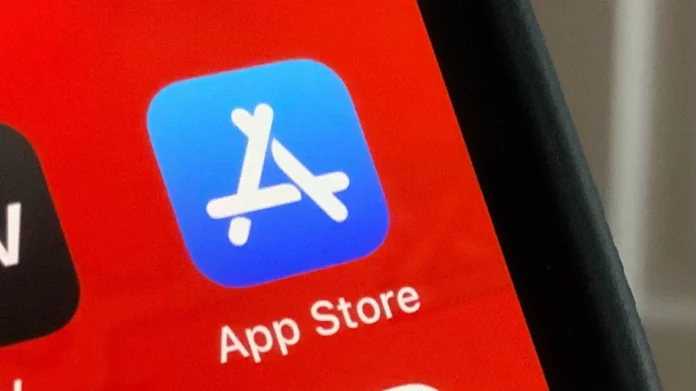A change requiring app developers to disclose their address, phone number and email to consumers has gone into effect in the App Store in the European Union. On Tuesday, Apple announced that it has removed all EU apps that are not yet compliant with the Digital Services Act (DSA), which added to Articles 30 and 31 the requirement that app developers must provide their “merchant status” to submit new apps or updates for distribution in that market.
In a message to developers, Apple said that as of Tuesday, February 18, all apps without trader status have been removed from the EU App Store and will not be reinstated until their status is provided and verified by Apple.
According to reports, this change has affected a number of developers. This is likely due to the fact that at least some of them are not engaged in app development as their main job. According to the analytical company Appfigures, almost 135,000 apps have become inactive in all app stores in EU member states over the past 30 hours.
Developers have known about the February 17, 2025 deadline for a long time, so today’s announcement should not have come as a surprise.
However, the EU law has had a greater impact on smaller and indie app developers, who typically do not publish their addresses or phone numbers to handle consumer complaints or inquiries. Often, such developers work from home and typically just provide an email address on their website for customer feedback and support.
Under the DSA, any app that earns money through the App Store can be considered a “merchant,” regardless of whether that revenue comes from paid downloads, in-app purchases, or even advertising. In addition, an app will be considered such if it is used in connection with a “trade, business, craft or profession” – meaning that any app that is not a hobby app falls within the scope of this DSA provision.
Organizations publishing their apps on the EU App Store must provide their phone number, email and address associated with their D-U-N-S number. Meanwhile, individual developers also had to provide an address, phone number, and email as specified in the guidelines.
Smaller developers were forced to register addresses and phone numbers through third parties to provide themselves with some protection and privacy in connection with the new regulation. For example, some developers have used coworking spaces, virtual offices, or P.O. boxes as work addresses, while others have registered virtual phone numbers instead of providing their private numbers for publication on the public App Store.
In the EU App Store, the new “merchant” information is now located below other information about the app, such as its age rating and supported languages, but above the link to the developer’s website.









